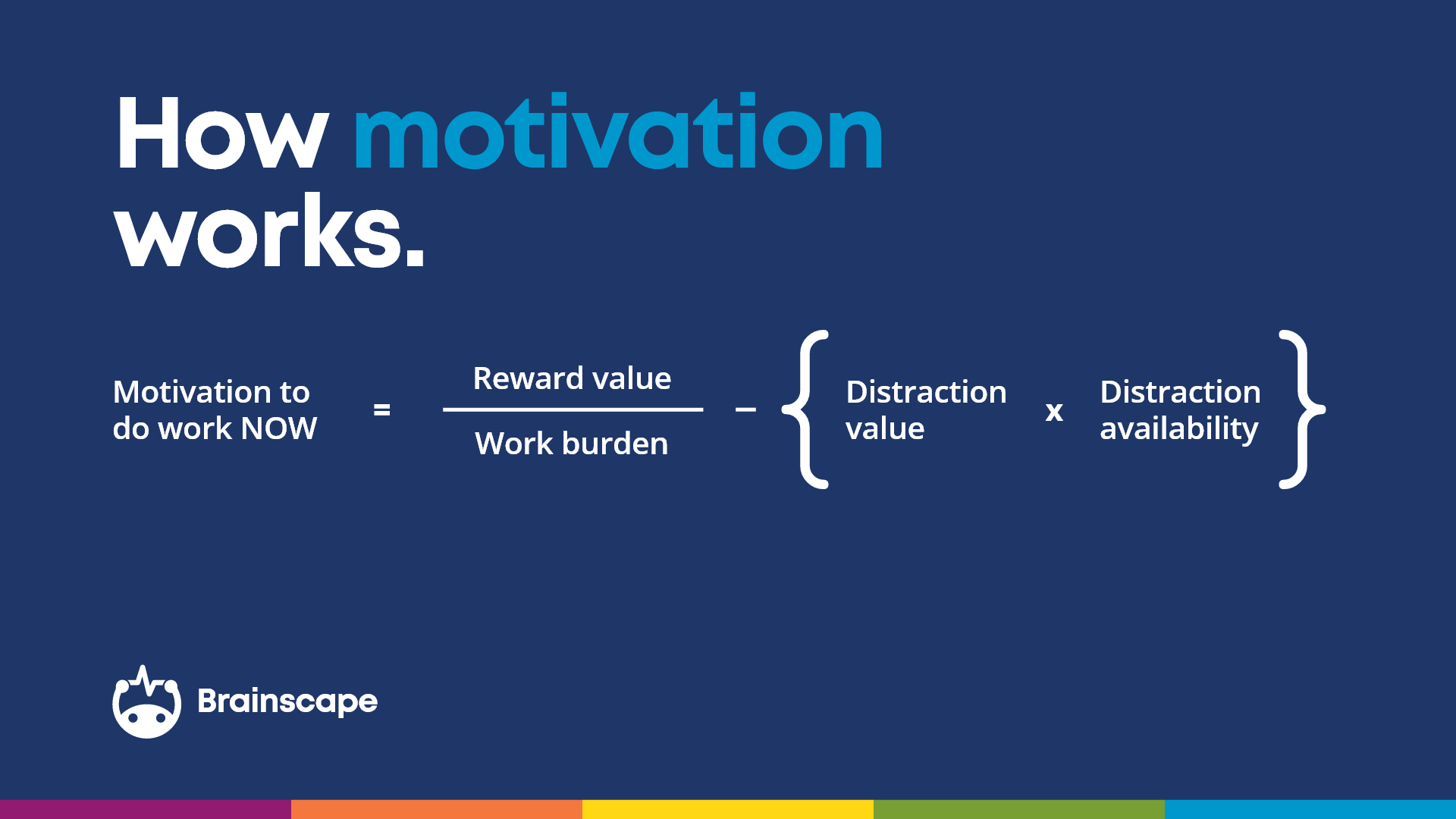Are you currently asking yourself: should I go to grad school? You're most definitely not alone.
Most of the people applying to grad school these days have a jumbled, motivation thought process that usually looks a little something like this:
“I’m really interested in X. I want to get a better job in the X field than I could achieve with my simple undergraduate degree. So I’m gonna apply to grad school, learn more about Field X, and then get hired by a great X organization that is impressed by my shiny new credentials.”
If this sounds like you, then I have bad news for you: You are completely wasting your time and money. In fact, there's a strong argument that many people shouldn't even go to college in the first place. Here's a little explanation of why...
Demystifying the decision process
Grad school is not just the next step in the K-12 + College education ladder that you step on as a child. It is instead a tool that helps you further develop a purpose that you had even before applying.
Rather than saying “Teach me what I need to know to succeed in Field X, and tell me what I can do with that knowledge,” you should be saying “I already know exactly what purpose I want to fulfill, and I want to use this school’s resources to help me fulfill that purpose.”
This is no subtle difference. I am basically saying that you should not even think of applying to grad school unless you know exactly what target company you want to work for, or what political cause you want to dedicate yourself to, or what startup or non-profit you want to start after graduation, or what disease you want to spend your life researching, or what human rights advocacy group you want to become the face of.
I don’t just mean that you should pick a clear passion for the purpose of writing your graduate admission essay.
I mean that you should not even apply to grad school at all unless you deeply feel that passion and have a very clear purpose for your career.

When you enter grad school with a purpose and a big finished product in mind, every class you take suddenly takes on a whole new meaning. Every paper you are assigned to write will make you ask yourself “How can I spin this toward my career purpose, so that I can learn about a new angle of my chosen issue and add this research to my portfolio?”
Every class project will make you ask yourself “What piece of my [business plan] can I create or support with this project?” And if your program requires an overall Graduate Project, Dissertation, or Thesis, you will see that the paper is practically written for you already by the time you are ready to “start” it.
Don’t waste your time and money
I also once asked myself: should I go to grad school? And I ended up almost making the mistake of applying to grad school without having clear purpose. At one point I was actually very close to starting a Masters in International Relations simply because it seemed like the natural progression of my career and because I loved traveling and speaking languages (but doesn’t everybody?).
But then I realized that I had always experienced one common, over-arching obsession in everything I had ever done in my life: Helping people learn things more efficiently. This passion became clear enough for me to change grad school directions toward a Masters in Education Technology, which I used to foster my mission and ultimately emerge with the prototype, business plan, and team for Brainscape.
Now I know what some of you may be thinking: “That’s great Andrew, but what if I don’t have a clear idea for a business or advocacy campaign or anything like that?” My response is that that is perfectly ok. Just don’t go to grad school! At least not until you discover the purpose in your career.
How to find your career purpose
Here are some ways to help refine the purpose in your career (and the theme of your potential grad school application):
- Work a few more years in your current field, and volunteer for new types of projects.
- Attend more networking events in the fields you’re interested in (try Meetup).
- Try starting an organization, newsletter, movement, or some other project now, to see if you like it as much as you thought, and to verify what skills & knowledge that you would most purposefully try to acquire if you did go to grad school.
Any of these activities will help you hone in on your purpose without wasting $100k on grad school to try to figure out. In fact, blowing $20k to start a company or nonprofit that ends up failing can still be 10x more valuable to your future relationships, resume, and skill-building than a shiny $100k masters degree.
The important thing to remember is that it is totally fine if your career passion is not specific enough to apply to grad school.
Grad school is not for everyone, and it is still possible to be extremely successful (if not more!) by continuing to kick ass at your current career that you started with a simple undergraduate degree. I promise that your parents are still proud of you if you don’t have another title after your name.
So unless you’re aspiring to a specific professional career like Law or Medicine, remember that a graduate degree with no purpose is worse than no graduate degree at all. I know plenty of over-educated Ivy Leaguers who are having a harder time than ever finding good jobs, and they have way more anxiety than people who never applied to grad school in the first place. Don’t be one of those people.
Now you just need the motivation
If you've decided to go to grad school with a specific purpose in mind OR choose one of the just-as-good alternatives like working in your current field, you'll need the right motivation to progress.
Grad school is not a walk in the park. You'll need constant study motivation to ace those exams and hand in all assignments on time—which is not easy. We live in a world steeped in instant gratification, constant notifications and bingeable TV shows. But it's time for us to put aside our devices, and work hard to optimize our studying.
And even if you're not going to grad school, the same concept applies. It's easy to lose motivation when you're constantly distracted by the world around you.
Having amassed decades of cognitive science research on the most effective ways to study, Brainscape has become particularly interested in how to best find the motivation to work hard.

You may be interested in our complete guide to how to find motivation to work hard and manipulate yourself into making smarter decisions today for a better you tomorrow.
Whether that motivation will be directed toward graduate school, your current job, or a future pursuit, you'll feel so much more engaged knowing that you're working toward the thing you are passionate about, and not just what your parents or society wants you to do.
And if you do decide to apply to grad school, don't forget to check out Brainscape's adaptive GRE prep flashcards to help you get into the best program!
